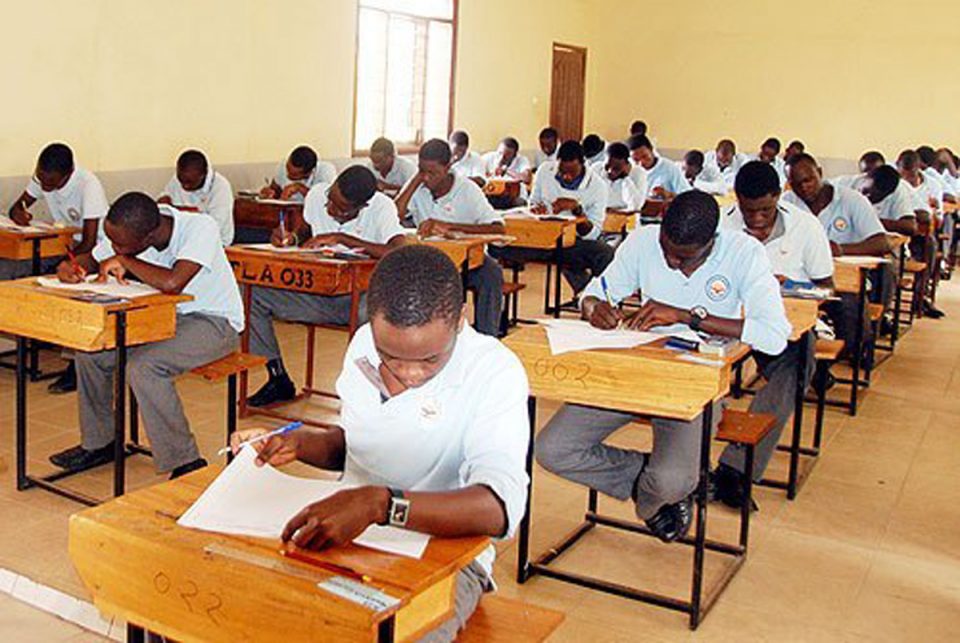Some stakeholders in the education sector on Monday advocated stiff sanctions against defaulters of the statutory 6-3-3-4 education system.
The stakeholders were reacting to the practice by some parents, in connivance with some private schools, to skip their wards’ sixth year in primary school to seek admission into secondary school.
They contended that some of the children, upon completion of their secondary education, have also been denied admission for violating the 16-year National Universities Commission (NUC)’s minimum age rule for admission into the university
The stakeholders noted that the trend which is on the increase, negates the spirit of the 6-3-3-4 education system and portend negative effects for the children.
In 1973, the education system was updated to 6-3-3-4 translating to; six years primary, 3 years junior secondary, 3 years senior secondary and 4 years tertiary education, similar to the American system.
Mr Simeon Fowowe, National Coordinator, Association of Nursery and Primary Education Instructors in Nigeria (ANPEIN) said that “it is an offence for schools not to implement the education policy of the 6-3-3-4 system and should fetch defaulters sanction’’.
He reiterated that the policy stipulates six years of primary education and anything to the contrary would amount to criminal offence.
The coordinator said that there were policy and administrative reasons why the government adopted the primary education with six classes.
According to him, each class has its sociological and psychological underpinnings with its age duration.
“One wonders, why the parents and guardians criminally collaborate with schools to distort this system.
“The result is lethargy. Remember, being in a hurry does not make your children exceptional.
“Instead, you are preparing the children for a hurried future life, which would profoundly affect their ways of life.
“This hurried life also affects the way the kids reason and the way they perceive life, which ultimately make them immature and affects the way they function at workplace,’’ he said.
Fowowe stressed that the practice must stop forthwith and urged the government to enforce sanctions against offenders.
A parent, Mrs Nonye Offorjama, who has two of her kids in primary school, contended that such distortion in education could put children at a disadvantage and risk.
Mrs Gloria Idenumah, an educationist said the University of Lagos’ admission policy of not admitting below 16 years was a welcomed development in addressing the trend.
Some students, even after emerging best in Unified Tertiary Matriculation Examination (UTME) of the Joint Admissions and Matriculation Board (JAMB), had been denied admission by the institution for not attaining the statutory age.
Idenumah noted that the university is an adult environment for emotionally, physically and psychologically matured beings.
She said that when a child gets into the university, he or she is absolutely in an adult environment.
“The university is a battle ground, not an environment you want to plunge a child into,
”He may come out with a First Class, mind you, but he could be useless to himself and end up bitter with everybody especially those who sent him into that school too early.
”So, parents, life is not just about good classroom, grades, and success is not just about academic records,’’ she said.
On her part, Mrs Veronica Azu, a retired educationist, said that despite parental preferences, many educationists do not agree that children should exit primary school from Primary Five.
“We have always said that there was nothing wrong with the policy of six years of primary education,’’ she said.
Azu explained that, apart from being half-baked in terms of “jumping’’ all the things they should learn in Primary Six, the kids often find it difficult to take proper care of themselves.
Similarly, Mrs Yemisi Abhulimen, a parent with three kids in primary school, said that in her days, a child would not be admitted into Primary One until he or she was six years old.
Abhulimen said that the policy was still obtainable, until the middle class grew into parenthood and mothers became collared workers.
She said the penchant for the hurried education of the kids has brought distortion into the education system.
“Time is ripe for those in the authorities to step in, put a stop to the untoward practice and return everyone to order,” she said.




